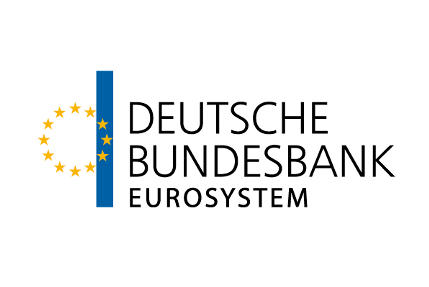
Bundesbank and MIT Team Up for CBDC Research
The Deutsche Bundesbank, in collaboration with the Massachusetts Institute of Technology (MIT) Digital Currency Initiative (DCI), has initiated a research partnership aimed at exploring the intricacies of Central Bank Digital Currency (CBDC). This joint endeavor seeks to delve into the realms of security and privacy in the realm of digital payments, paving the way for potential innovations in the financial landscape.
Bundesbank President Joachim Nagel emphasized the importance of this collaboration, acknowledging the MIT DCI’s expertise in the domain of digital currencies. The project aims to address pressing concerns surrounding privacy in digital transactions, aiming to strike a balance between technological advancements and safeguarding users’ personal data.
With the rise of digitalization, the need for a digital euro has become increasingly apparent. Nagel highlighted the shortcomings of current payment systems and underscored the potential of a digital euro to streamline transactions within the Eurozone. Moreover, he emphasized the paramount importance of user privacy, envisioning a digital euro that offers unparalleled levels of data protection.
The collaboration between the Bundesbank and MIT DCI underscores a broader trend of central banks partnering with leading research institutions to navigate the complexities of CBDC. The MIT DCI’s track record in collaborating with central banks, including the Federal Reserve and the Bank of England, positions it as a pivotal player in advancing research on CBDCs.
Looking ahead, the research conducted through this partnership holds the potential to shape the future of digital currencies. By addressing key challenges related to security and privacy, the collaboration aims to lay the groundwork for the development of robust CBDC frameworks. As digitalization continues to reshape the financial landscape, initiatives such as this play a crucial role in ensuring that technological advancements are accompanied by robust safeguards for users’ privacy and security.





